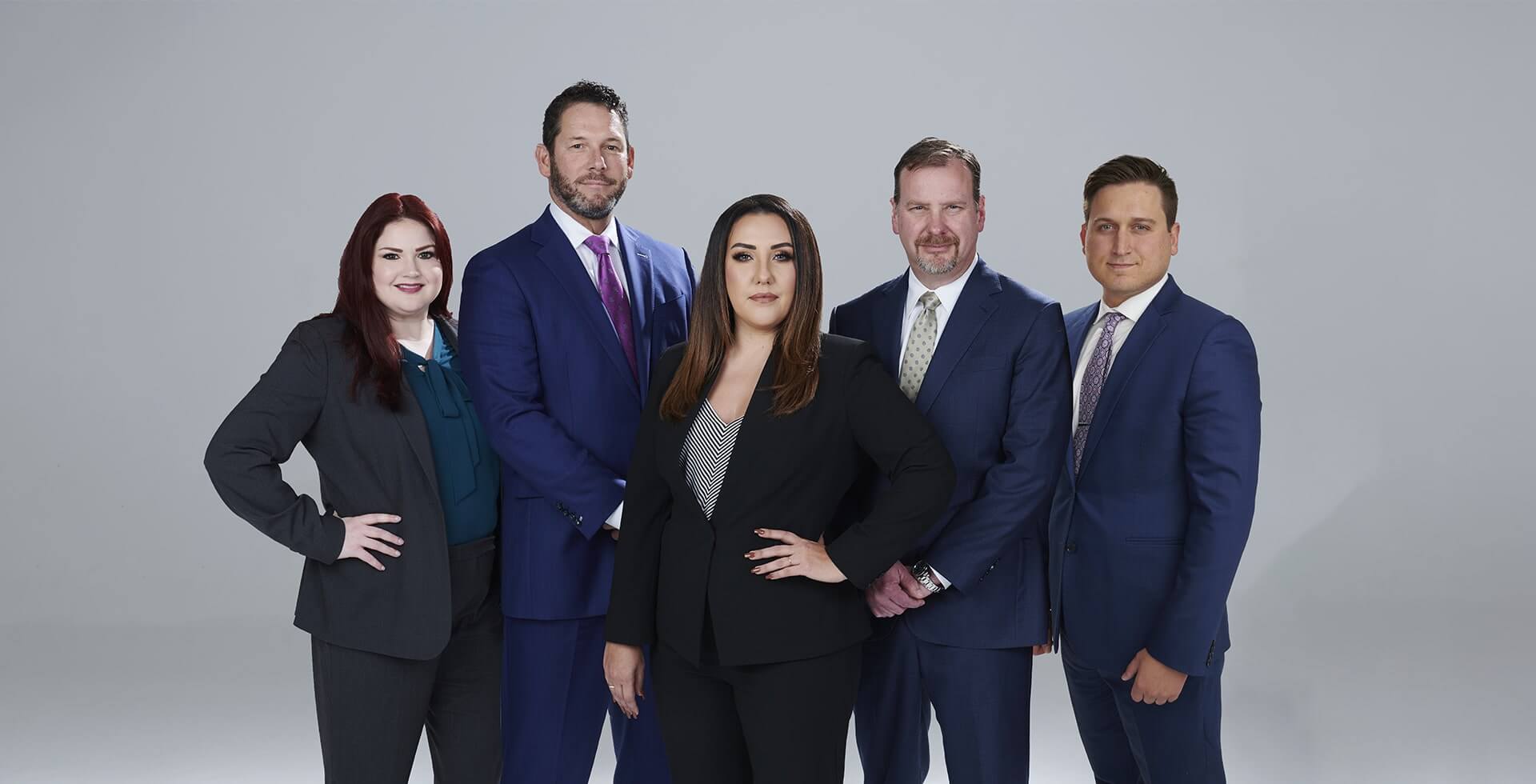
Attorney at Graves McLain Injury Lawyers
Practice Areas: Personal Injury

Understanding the complexities of workplace injuries can be challenging, especially when it comes to understanding the interplay between workers’ compensation and third-party liability claims. In Oklahoma, both systems offer distinct avenues for financial recovery, but knowing how they intersect and complement each other can help maximize your benefits and ensure you receive the compensation you’re entitled to. This guide breaks down these concepts to help you make informed decisions after a workplace injury.
Workers’ compensation is a form of insurance mandated by Oklahoma law that provides financial support to employees who are injured on the job. This system ensures that workers receive compensation for medical expenses, lost wages, and other related costs without having to prove fault. It operates on a no-fault basis, meaning that it doesn’t matter who caused the injury; what matters is that you were injured while performing job-related duties.

Third-party liability refers to situations where someone other than your employer is responsible for your workplace injury. For instance, if you’re injured due to a defective piece of machinery, the manufacturer of that machinery might be liable. Unlike workers’ compensation, which does not require proving fault, third-party claims do.
The key difference is that third-party claims allow you to pursue additional damages not covered by workers’ compensation, such as pain and suffering or punitive damages. However, these claims involve proving that the third party was negligent or at fault, which can be more complex and time-consuming.
When injured at work, you may be eligible for both workers’ compensation and third-party liability claims. Workers’ compensation provides immediate financial relief and covers your basic expenses. On the other hand, pursuing a third-party claim can offer additional compensation, which might include damages for pain and suffering or other non-economic losses.
It’s important to understand how accepting workers’ compensation benefits might affect your third-party claim. In many cases, workers’ compensation insurers may seek reimbursement from any third-party settlement you receive. This process, known as “subrogation,” means that the insurance company will recover some of the money it paid you from the third-party settlement.
To maximize your recovery, coordinate your workers’ compensation and third-party claims carefully. Consider consulting with a legal professional who can help you navigate both processes and ensure that your claims are managed effectively. They can provide guidance on how to balance these claims and address any potential conflicts between them.

Taking the right steps immediately after a workplace injury can significantly impact the outcome of your claims. First and foremost, report the injury to your supervisor as soon as possible. This not only helps ensure that your injury is documented but also starts the process for filing a workers’ compensation claim.
Seek medical attention promptly to assess and treat your injury. Medical records are crucial as they provide evidence of the extent of your injuries and link them to the accident.
Document everything related to the incident. Photograph the scene of the accident, any defective equipment, or hazardous conditions that contributed to your injury. Collect witness statements and keep a detailed record of all medical treatments, appointments, and expenses. This evidence is vital for supporting both your workers’ compensation and third-party claims.
To succeed in a third-party liability claim, you must demonstrate that the third party was negligent. Gather comprehensive evidence such as photos of the defect, maintenance records for any equipment involved, and witness testimonies. This evidence will help build a strong case showing how the third party’s negligence led to your injury.
For cases involving defective machinery or equipment, maintenance records can be crucial. They may show a history of issues that contributed to the accident. Expert witnesses, such as engineers or safety specialists, can also provide valuable testimony on how the third party’s negligence caused the injury.
One common mistake is delaying the injury report, which can affect the validity of your claim. Another issue is insufficient evidence; failing to document the incident properly can weaken your case. Ensure you follow all procedures and gather as much evidence as possible.
In third-party claims, accepting a quick settlement from an insurance company without fully understanding its impact on other claims can be detrimental. Additionally, missing filing deadlines can result in losing your right to pursue compensation. Pay close attention to all deadlines and seek legal advice if needed.
Oklahoma’s laws regarding workers’ compensation and third-party liability are subject to change. Recent updates may affect the types of injuries covered, the amount of compensation available, or the filing process. Changes in the statute of limitations, caps on damages, or employer responsibilities could impact your claims.
To stay informed about legislative changes, consult legal professionals or check resources provided by the Oklahoma Workers’ Compensation Commission. Staying updated ensures you are aware of any changes that could affect your claims and helps you make informed decisions.
If you’re dealing with a workplace injury and need guidance on navigating workers’ compensation and third-party liability claims, contact us for a free consultation. Our experienced team can help you understand your options and maximize your financial recovery. Call us at 918-359-6600 today to get started.
By understanding the intersection of workers’ compensation and third-party liability, and taking the right steps after an injury, you can ensure that you receive the compensation you deserve.

When injury victims need a law firm with a reputation for excellence, turn to Graves McLain Injury Lawyers. We are a top-rated personal injury firm determined to be the best. With decades of award-winning representation, our clients recover the compensation they need to put their lives back together.